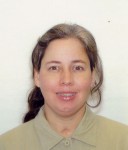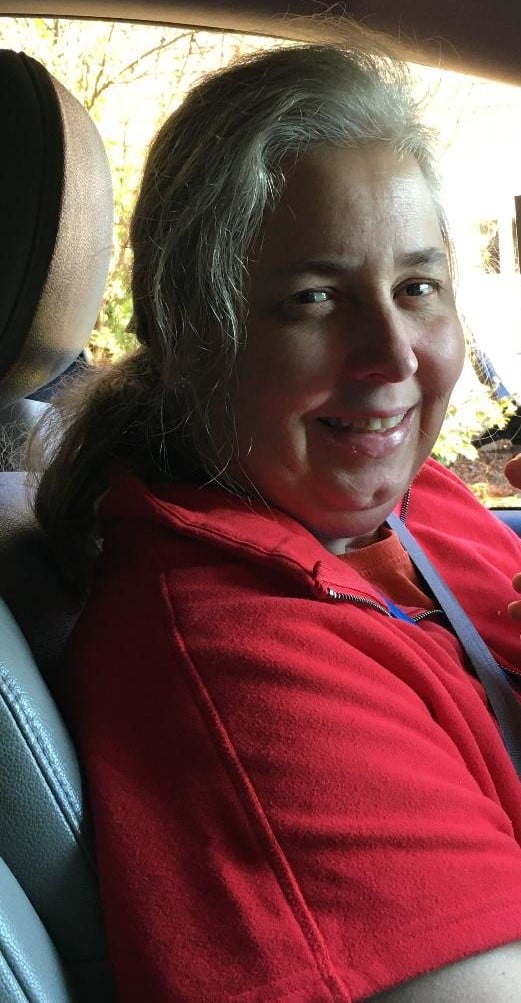 My first experience of the wisdom of Cardinal Newman was the "Newman Center" where my parents served as part of a "happening" team. The core questions asked at any retreat were "Who am I?" "Who am I in relationship to others?" and "Who am I in relationship to God?" I was only five at the time, but I thought this was how all adults were. What a great world! They got together, they colored on posters, they talked, they played, they ate and before they dispersed at the end of the weekend, they went to mass and sang their hearts out.
My first experience of the wisdom of Cardinal Newman was the "Newman Center" where my parents served as part of a "happening" team. The core questions asked at any retreat were "Who am I?" "Who am I in relationship to others?" and "Who am I in relationship to God?" I was only five at the time, but I thought this was how all adults were. What a great world! They got together, they colored on posters, they talked, they played, they ate and before they dispersed at the end of the weekend, they went to mass and sang their hearts out.
In high school I had forgotten this perception of adulthood as teenagers are want to do. One of the key speakers and participants at those retreats became my high school drama and religion teacher. He tried mightily to get our high school endlessly smug brains to understand that these three questions could collapse into one. "Who I am in relationship to God?" revealed all else. But being teens, immersed in the immediacy of our own emerging personhood, it remained a struggle to consider anything that hadn’t just happened yesterday as important or germane to existence and identity. God was important and all, loving, but out there, alien and kept at a deliberate distance like teachers and parents and grown-ups in general.
At college, my English major required I take Victorian literature. The teacher was an imposingly tall pencil thin woman with a wispy British accent. Her eyes sparkled as she handed out copies of John Henry Newman’s "The Uses of Knowledge," and instructed us to compose a piece discussing when we had encountered "Truth." The 18th century language was dense and difficult and thus I scratched at the surface of the Cardinal’s words, but was too grounded in the present campus life to fall backwards into memory and summon these moments when others were seeking to give me a banquet of all the best thoughts and words available from the entire world of history and to reveal God via relationship. I wrote about the college professors I loved for loving their subjects. It wasn’t wrong or inaccurate, but it was incomplete. The present was still too dominant.
Both the teacher from my high school and the teacher from my college have long since died. I had the privilege of visiting the former and rubbing his aching feet at the hospital before he passed and had kept in occasional touch with the later via phone calls and other university friends before she died of Cancer. But both of them gave lessons that stayed and stuck. Both were in their own ways, devotees of Cardinal Newman’s "Idea of the University," presenting to the youth all the best that the world provided. They understood that pursuing Truth contained within that quest, all truths. They warned that outside of Truth, one might still find knowledge, but not wisdom. One might find strength and power, but not restraint or mercy. They understood and tried to teach that all the best that is said and done and thought in the world, is of God and reveals God. They also tried to impart the wisdom that all we do, say and think everyday reveals "Who we are," "Who we are in relationship to others," and "Who we are in relationship to God."
It took the better part of 43 years for me to return to the wisdom of being five; that I should hope for a time when we gather and play and talk and eat and before we disperse, participate in the Mass and sing our hearts out so that who we are in relationship to God, is who we are everywhere all the time.
Copyright 2009 Sherry Antonetti
About the Author

Sherry Antonetti
Sherry Antonetti is a freelance writer, high school teacher and a blogger at Patheos. She and her husband live in Maryland with nine of their ten children and a puppy named Pumpkin.


.png?width=1806&height=731&name=CatholicMom_hcfm_logo1_pos_871c_2728c%20(002).png)
Comments